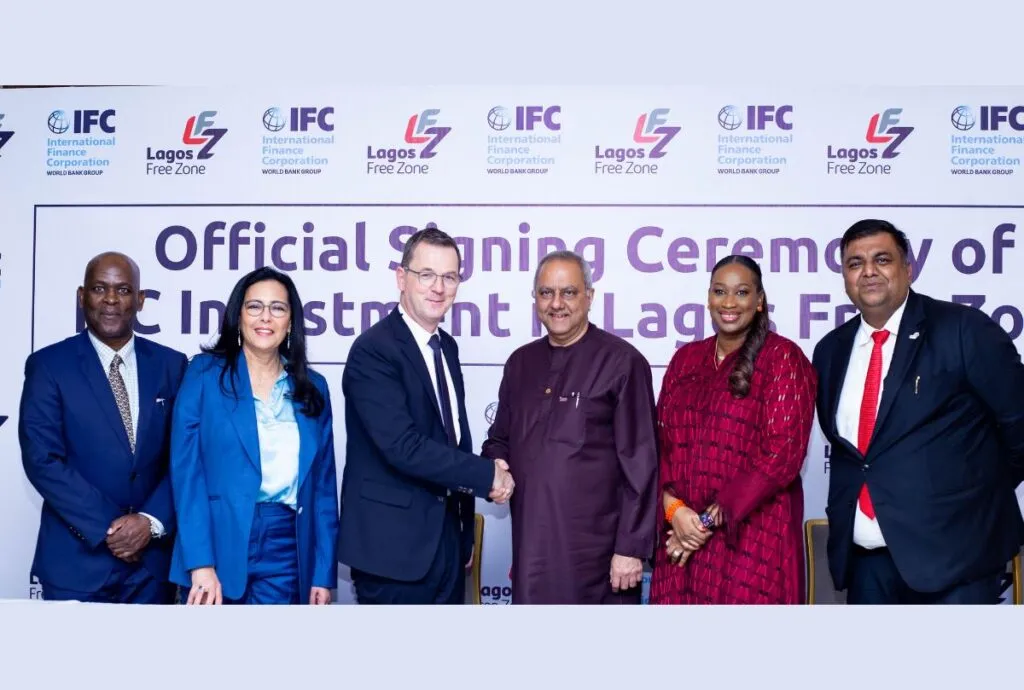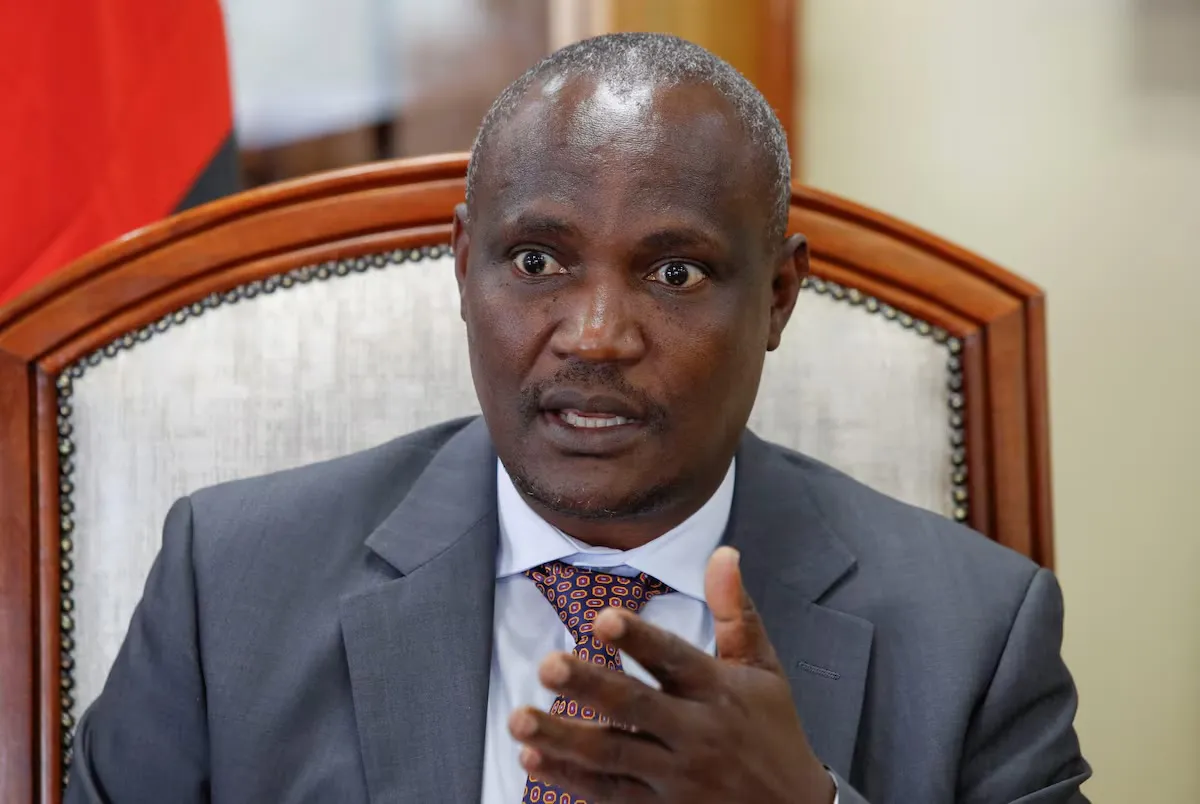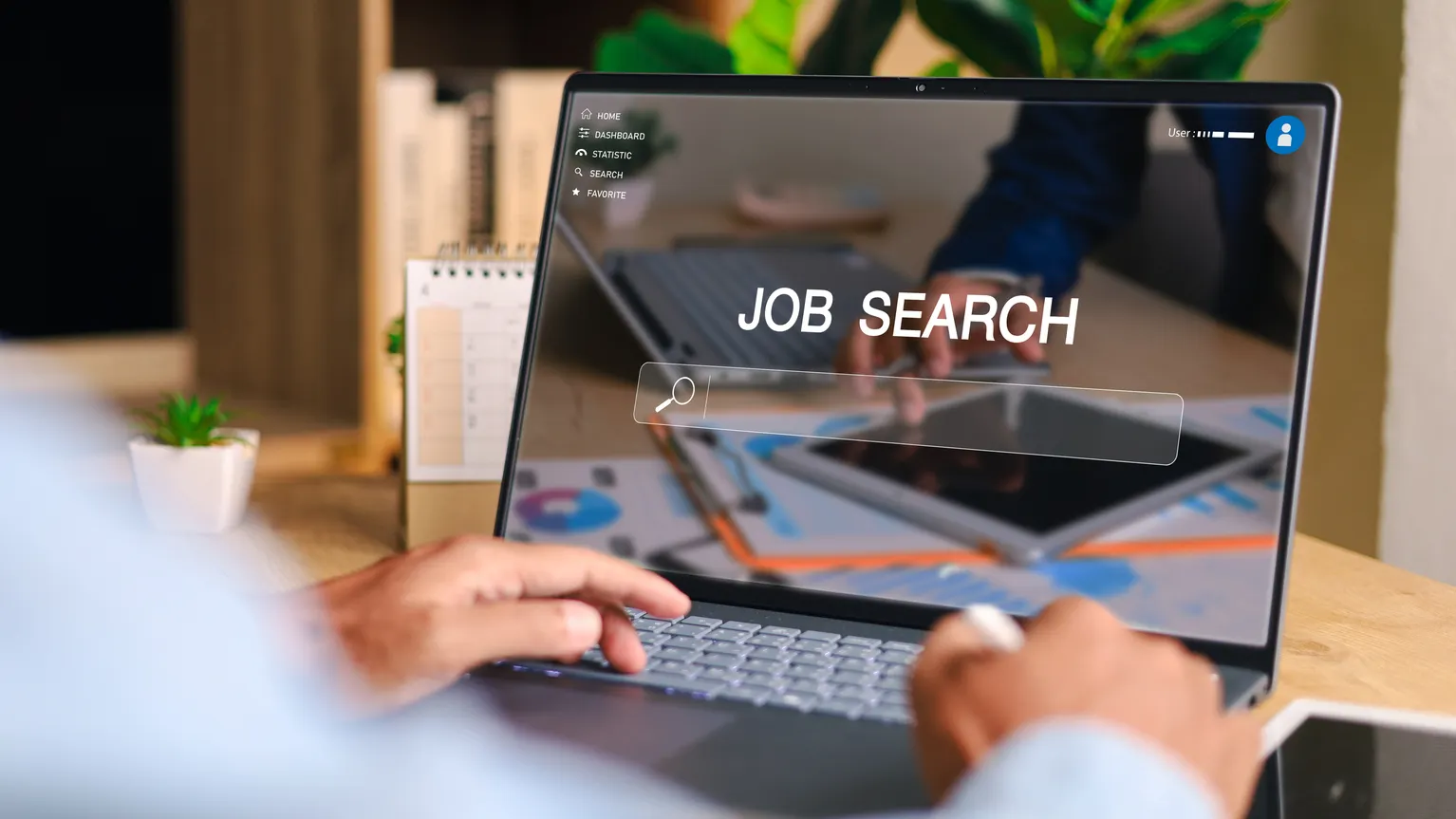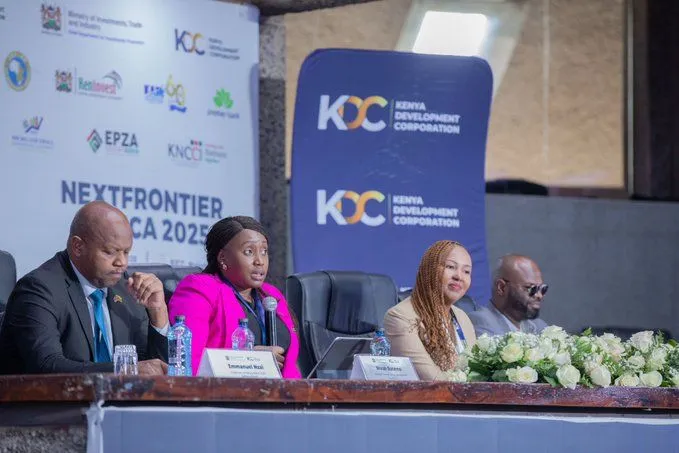In a significant move aimed at accelerating industrialization in Nigeria, the International Finance Corporation (IFC) has announced a $50 million investment in the Lagos Free Zone (LFZ), marking a major milestone in the country’s push for economic expansion. The investment, made public on February 7, 2025, signals IFC’s commitment to fostering sustainable growth in Africa’s largest economy.
The Lagos Free Zone Company (LFZC), which manages the free zone, secured the financing with legal counsel from global law firm Norton Rose Fulbright (NRF) and Nigerian law firm Udo Udoma & Belo-Osagie. This development aligns with Nigeria’s broader economic strategy of enhancing industrial competitiveness and attracting foreign direct investment (FDI) to its growing manufacturing sector.
Spanning 860 hectares, the Lagos Free Zone is the first privately owned and operated free-trade zone in Nigeria, boasting integrated access to the nearby 90-hectare Lekki Deep Seaport, which officially commenced operations in 2023. The deep-sea port is a game changer for Nigeria’s trade infrastructure, significantly reducing logistics costs for companies operating within the free zone.
A Strategic Move to Drive Industrialization
The Lagos Free Zone has been developed by Tolaram, a Singapore-based conglomerate with diverse business interests in Africa. Tolaram has positioned LFZ as a strategic industrial hub to attract high-growth industries, including:
- Fast-moving consumer goods (FMCG)
- Pharmaceuticals
- Engineering
- Logistics
Notably, international brands such as BASF (a global leader in chemicals) and Tata International (a multinational trade and distribution company) have already established a presence in LFZ. The zone aims to reduce barriers to investment by offering a tax-friendly business environment, seamless logistics, and access to world-class infrastructure.
IFC’s Commitment to Nigeria’s Economic Growth
The IFC, known for its role in financing private sector projects in emerging markets, views this investment as a critical step in fostering inclusive economic growth.
Dahlia Khalifa, IFC’s Regional Director for Central Africa and Anglophone West Africa, emphasized the transformative potential of the project:
“This investment reflects IFC’s commitment to fostering inclusive economic growth and sustainable development in Nigeria. Lagos Free Zone is poised to become a transformative hub for industrial activity, driving job creation and enhancing Nigeria’s competitiveness in global markets.”
The support from IFC is not just a financial endorsement; it is a strong signal to other global investors that Nigeria remains an attractive destination for industrial investment despite economic challenges.
LFZC’s Vision for a World-Class Industrial Hub
Lagos Free Zone Company’s CEO and Managing Director, Adesuwa Ladoja, expressed optimism about the investment, stating:
“IFC’s support represents a significant and positive recognition of our vision to establish Lagos Free Zone as a world-class industrial hub.”
The LFZ’s proximity to the Lekki Deep Seaport, along with its focus on modern industrial infrastructure, is expected to enhance Nigeria’s export potential, reduce dependence on imports, and create thousands of direct and indirect jobs.
Nigeria’s Expanding Free-Trade Zone Landscape
Nigeria has been steadily expanding its free-trade zone initiative as a strategy to diversify its economy beyond oil dependence. Currently, the country has over 40 free zones, with key locations in Lagos, Ogun, and Calabar. These zones provide various incentives for businesses, including:
- Exemptions from import and export duties
- Waivers on value-added tax (VAT) and withholding tax
- Streamlined customs procedures
- Access to dedicated infrastructure, including ports and power supply
The LFZ, being privately developed, represents a new model for free-trade zones in Nigeria, contrasting with government-run economic zones, which have often faced operational inefficiencies.
Legal and Financial Structuring of the Deal
The investment by IFC required extensive legal structuring, handled by Norton Rose Fulbright (NRF), whose London-based team provided legal guidance. NRF’s corporate partner Bayo Odubeko, with assistance from associate Gillian Jaravaza, led the advisory team on the transaction.
On the local front, Udo Udoma & Belo-Osagie, one of Nigeria’s leading commercial law firms, provided legal insight into Nigerian regulatory requirements, ensuring compliance with local investment laws.
This legal collaboration underscores the complexity of foreign investments in Nigeria, as investors seek clarity on regulatory frameworks, taxation policies, and repatriation of funds.
A Broader Trend of Global Investment in Nigerian Infrastructure
The IFC’s investment in LFZ is part of a broader trend of foreign investment in Nigerian infrastructure and industrial development.
In August 2024, the Nigerian Debt Management Office (DMO) issued a $500 million U.S. dollar bond offering, attracting investors from the U.S., Europe, and Asia. The offering was structured with assistance from top Nigerian law firms G Elias & Co and Olaniwun Ajayi, reflecting continued interest in Nigeria’s economic potential.
Meanwhile, international organizations such as the African Development Bank (AfDB) and the European Investment Bank (EIB) have also been injecting capital into Nigeria’s transportation, energy, and manufacturing sectors, recognizing the country’s position as a key player in Africa’s economic landscape.
Potential Challenges and Risks
While the investment in LFZ is widely seen as a positive development, challenges remain. Nigeria has long struggled with:
- Bureaucratic bottlenecks that slow down investment approvals.
- Infrastructure gaps, particularly in power supply and transportation networks.
- Policy inconsistencies, with frequent changes in taxation and regulatory frameworks.
- Security concerns, as some businesses have cited issues such as theft and vandalism in industrial zones.
However, the privately managed structure of LFZ gives it an advantage over government-run zones, allowing for more streamlined decision-making and efficient service delivery.
Future Outlook: What This Means for Nigeria
The success of the Lagos Free Zone could set a precedent for more private-sector-driven free-trade zones in Africa, encouraging foreign investment, industrialization, and economic diversification.
IFC’s investment is expected to accelerate job creation, with thousands of direct and indirect employment opportunities arising in sectors like:
- Manufacturing and processing
- Logistics and supply chain management
- Construction and real estate development
With Nigeria’s population projected to exceed 250 million by 2030, initiatives like LFZ are crucial in providing sustainable employment and boosting the country’s industrial output.
As the African Continental Free Trade Area (AfCFTA) gains traction, the Lagos Free Zone is well-positioned to become a major export hub for West Africa, leveraging Nigeria’s strategic location and growing consumer base.
The IFC’s $50 million investment is, therefore, more than just a financial transaction—it is a vote of confidence in Nigeria’s economic future.
With continued investment, improved infrastructure, and supportive government policies, the Lagos Free Zone has the potential to transform Nigeria’s industrial landscape, enhancing its competitiveness on the global stage.
Ready to take your career to the next level? Join our dynamic courses: ACCA, HESI A2, ATI TEAS 7 , HESI EXIT , NCLEX – RN and NCLEX – PN, Financial Literacy!🌟 Dive into a world of opportunities and empower yourself for success. Explore more at Serrari Ed and start your exciting journey today! ✨
photo source: Google
By: Montel Kamau
Serrari Financial Analyst
18th February, 2025
Article, Financial and News Disclaimer
The Value of a Financial Advisor
While this article offers valuable insights, it is essential to recognize that personal finance can be highly complex and unique to each individual. A financial advisor provides professional expertise and personalized guidance to help you make well-informed decisions tailored to your specific circumstances and goals.
Beyond offering knowledge, a financial advisor serves as a trusted partner to help you stay disciplined, avoid common pitfalls, and remain focused on your long-term objectives. Their perspective and experience can complement your own efforts, enhancing your financial well-being and ensuring a more confident approach to managing your finances.
Disclaimer: This article is for informational purposes only and does not constitute financial advice. Readers are encouraged to consult a licensed financial advisor to obtain guidance specific to their financial situation.
Article and News Disclaimer
The information provided on www.serrarigroup.com is for general informational purposes only. While we strive to keep the information up to date and accurate, we make no representations or warranties of any kind, express or implied, about the completeness, accuracy, reliability, suitability, or availability with respect to the website or the information, products, services, or related graphics contained on the website for any purpose. Any reliance you place on such information is therefore strictly at your own risk.
www.serrarigroup.com is not responsible for any errors or omissions, or for the results obtained from the use of this information. All information on the website is provided on an as-is basis, with no guarantee of completeness, accuracy, timeliness, or of the results obtained from the use of this information, and without warranty of any kind, express or implied, including but not limited to warranties of performance, merchantability, and fitness for a particular purpose.
In no event will www.serrarigroup.com be liable to you or anyone else for any decision made or action taken in reliance on the information provided on the website or for any consequential, special, or similar damages, even if advised of the possibility of such damages.
The articles, news, and information presented on www.serrarigroup.com reflect the opinions of the respective authors and contributors and do not necessarily represent the views of the website or its management. Any views or opinions expressed are solely those of the individual authors and do not represent the website's views or opinions as a whole.
The content on www.serrarigroup.com may include links to external websites, which are provided for convenience and informational purposes only. We have no control over the nature, content, and availability of those sites. The inclusion of any links does not necessarily imply a recommendation or endorsement of the views expressed within them.
Every effort is made to keep the website up and running smoothly. However, www.serrarigroup.com takes no responsibility for, and will not be liable for, the website being temporarily unavailable due to technical issues beyond our control.
Please note that laws, regulations, and information can change rapidly, and we advise you to conduct further research and seek professional advice when necessary.
By using www.serrarigroup.com, you agree to this disclaimer and its terms. If you do not agree with this disclaimer, please do not use the website.
www.serrarigroup.com, reserves the right to update, modify, or remove any part of this disclaimer without prior notice. It is your responsibility to review this disclaimer periodically for changes.
Serrari Group 2025





